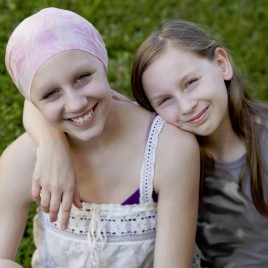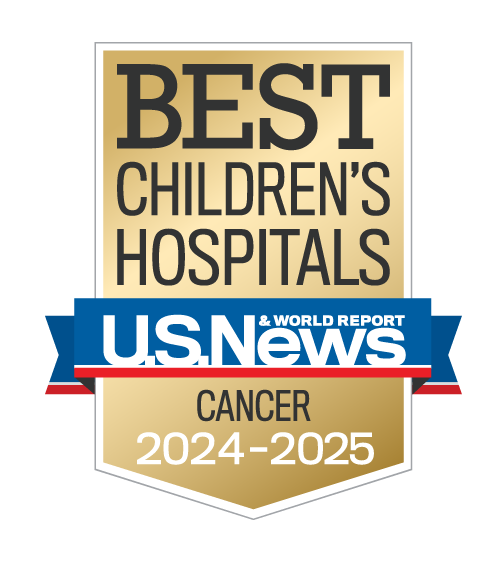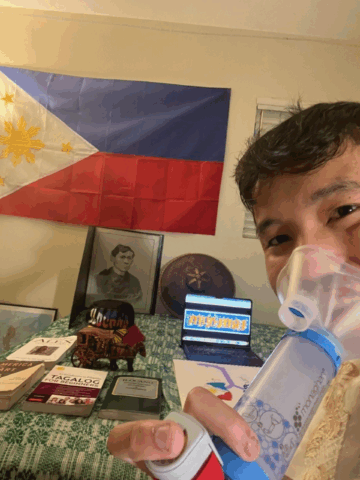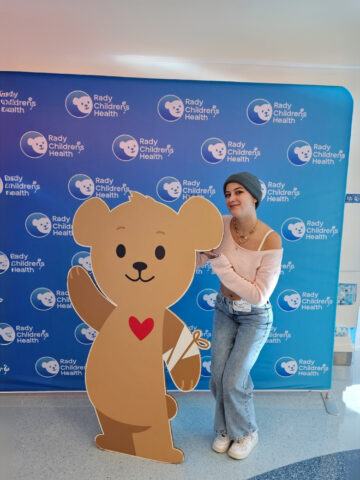
There’s never a good time for a cancer diagnosis, but the teen and young adult years can be an especially tough time for cancer patients. Adolescents and young adults into their 30s who are being treated for cancer face a wide range of issues special to their age group that need to be considered to help them cope. These issues include fertility preservation, the development of body image, career and education considerations, and dealing with an increased dependence on parents at a time when many in this age group strive to be more independent.
“Teens are starting to enter adulthood and move away from parents. They are starting to become more of an individual. In the normal struggle between the teenager and their parents, you throw cancer into the mix and you create tremendous stress. This is a time when they want to be independent but they are sick,” explains Dr. Leonard Sender, director of the Hyundai Cancer Institute at CHOC Children’s and specializes in the unique issues relating to cancer treatment in adolescents and young adults from the ages of 15 to 39.
For several years, Dr. Sender has served as an advocate for this very special group of patients through the SeventyK that he co-founded in 2008 and currently chairs. Dr. Sender is especially sensitive to the psychosocial impacts of a cancer diagnosis on those just beginning to enter their most productive years. He remains a vocal advocate for this group, working to make sure they receive age-appropriate medical treatment and support, including, psychosocial, community and palliative services. In 2010, Dr. Sender founded two entities critical to the development of the emerging adolescent and young adult oncology subspecialty as president of the Society for Adolescent and Young Adult Oncology (SAYAO) and editor-in-chief of the Journal of Adolescent and Young Adult Oncology (JAYAO).
According to SeventyK, adolescents and young adults with cancer have often been described as a medically underserved population, falling through the gap between pediatric and adult oncology. As they transition from childhood to adulthood, the normal issues people in this age group face are compounded when they are diagnosed with cancer.
These patients may face treatment-related issues such as infertility; the loss of a job or breaks in education due to treatment; increased dependence on parents; and other health concerns, all of which can be exceptionally difficult for this group to cope with. Fertility preservation, in particular, has long been overlooked for adolescents, especially considering the fact that many young men and women haven’t yet started to think about having children. Adolescent and young adult patients may need extra support or psychological help to cope.
“Our goal is to cure these kids,” says Dr. Sender. “We bring in the best science, the best clinical delivery of care that we can. We always take into account the developmental stage of these patients. We never lose sight of the fact that these patients undergo tremendous amounts of interventions that can physically and emotionally scar them. We try to think about them as survivors from day one.”
Get more expert health advice delivered to your inbox monthly by subscribing to the KidsHealth newsletter here.

Learn more about the Hyundai Cancer Center at CHOC
CHOC Hospital was named one of the nation’s best children’s hospitals by U.S. News & World Report in its 2024-25 Best Children’s Hospitals rankings and ranked in the cancer specialty.





